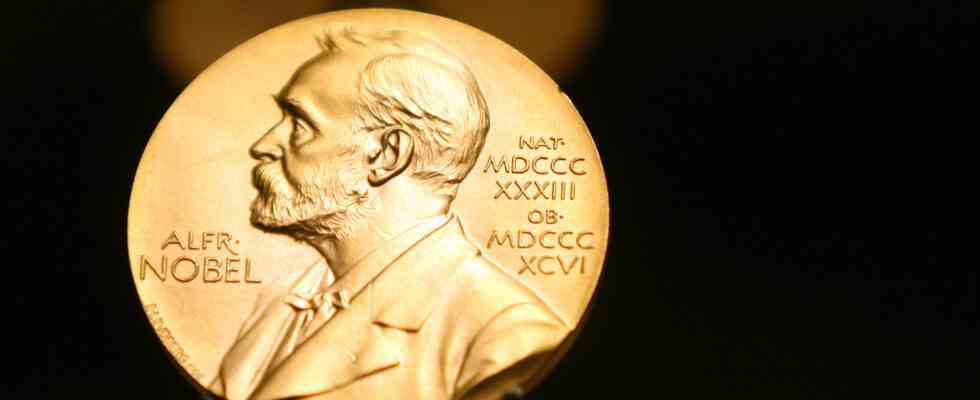background
Status: 03.10.2022 18:31
He has helped make the human family tree more visible. Today, the research of the Nobel Prize winner Svante Pääbo provides insights into the immune system – and the reaction to infections.
Svante Pääbo’s research has shed light on the human family tree: decoding the Neanderthal genome is one of the 67-year-old’s greatest achievements. According to an important finding by Pääbo, modern humans still contain one to four percent of the genes of the extinct Neanderthals.
The Swede researching in Leipzig has now received the Nobel Prize in Medicine. Pääbos is Director at the Max Planck Institute for Evolutionary Anthropology in Leipzig and a member of the Leopoldina. The Nobel Committee reached the Swede over a cup of coffee at his home in Leipzig.
Pääbo succeeded in decoding the Neanderthal genome
The now extinct Neanderthals lived in Europe and western Asia until about 30,000 years ago. Homo sapiens, the ancestor of modern humans, migrated from Africa about 70,000 years ago. So the two early humans lived side by side on the Eurasian continent for a while. By decoding the Neanderthal genome, Pääbo was able to show that the genome of Homo sapiens and Neanderthals mixed up during this period.
The genes of the Neanderthals, which people still carry within them today, influence very different areas of the body. For example, they affect how the immune system responds to infections. The Neanderthal genes also seem to include those that increase the risk of a severe course of Covid. Another Neanderthal genome, in turn, lowers the risk, said the Nobel Prize Committee press conference in Stockholm.
Science editor Anja Martini, NDR, in conversation with Medicine Nobel Prize winner Svante Pääbo
tagesschau24, October 3, 2022
Genetic differences from ancestors
With his research, Pääbo opened up a new scientific discipline, paleogenomics. This deals with the analysis of genetic samples of fossil and prehistoric remains of organisms. The Swedish researcher’s work uncovered the genetic differences that distinguish present-day humans from extinct early humans. His discoveries provide the basis for exploring what makes modern humans unique, allowing them to evolve so much better than other early humans.
Ancient genomes very difficult to decipher
By the end of the 1990s, almost the entire human genome had been decoded thanks to technological advances. But decoding the genome of the extinct Neanderthals presented Pääbo with completely different challenges. This is because DNA is chemically altered over time and breaks down into many shorter pieces. After thousands of years, only traces of DNA remain. These residues are also contaminated by bacterial DNA and other environmental influences.
Lineages of Homo sapiens and Neanderthals
After decades of research, the seemingly impossible was achieved: In 2010, Pääbo and his team were able to publish the first decoded section of the Neanderthal genome. According to their research, the most recent common ancestor of Neanderthals and Homo sapiens lived around 800,000 years ago.
The scientists were also able to show that Neanderthals and Homo sapiens had common descendants during their thousands of years of coexistence. In modern humans of European or Asian descent, about one to four percent of the genome comes from Neanderthals.
Similarly, Pääbo discovered another close relative of present-day humans, the Denisovans. These people have also left their traces in the genome of today’s people, in the Asian population it is up to six percent. Hill tribes in Tibet, for example, carry genes from the extinct Denisova man that make it easier for them to cope with high altitude.
Medicine Nobel Prize runs in the family
Svante Pääbo, born April 20, 1955 in Stockholm, studied Egyptology and Medicine. He cloned the DNA of a mummy while he was still doing his PhD. After working in Zurich, London and Berkeley, he finally founded the Max Planck Institute for Evolutionary Anthropology in Leipzig, where he has been director since 1997. Apparently, Pääbo carries a Nobel Prize gene: His father, Sune Bergström, received the Nobel Prize in Medicine back in 1982.

